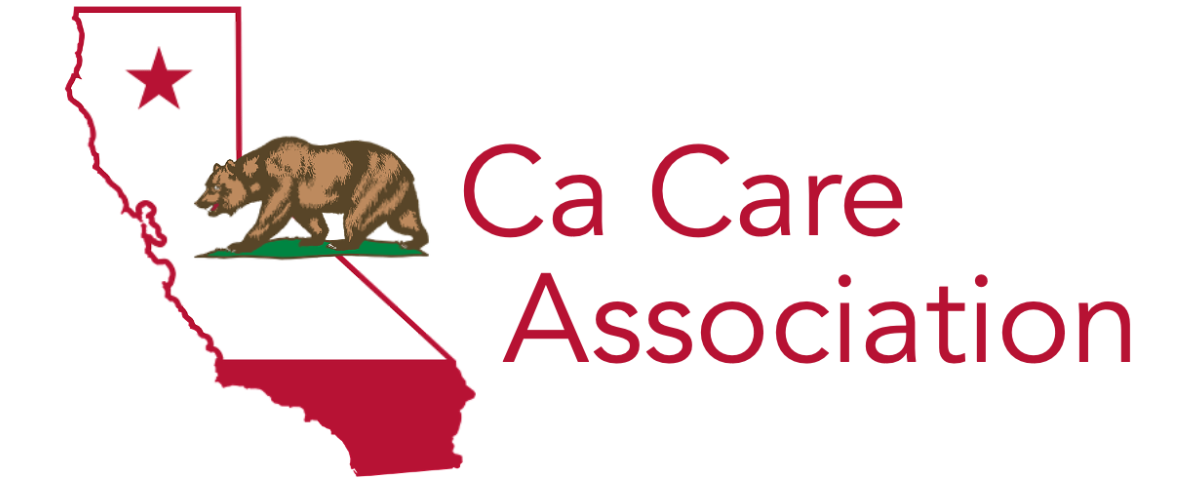Developmental Services Master Plan Committee Develops Five Workgroups
On December 12, 2024, the Developmental Services Master Plan Committee conducted its meeting and developed five workgroups. The Committee also discussed recommendations for improving the services for individuals with disabilities. The following are the workgroups developed:
Workgroup 1: Individuals and Families Experience Person-Centered Service Systems They Trust
Priority 1: Build Trust in Regional Center systems and other systems, particularly for people of color.
Priority 2: Ensure that every individual who meets service eligibility chooses and receives individualized services, including those not currently in the system - regardless of age, language access, race, ethnicity, or location.
Priority 3: Ensure individuals have choice and control over their lives by making self-determination the core of the developmental disabilities system.
Priority 4: Ensure equity of access and options in Regional Center services while still assuring a person-centered system to support consistency in the experience of families and individuals.
Workgroup 2: Individuals Receive Timely, Inclusive, and Seamless Services Across all Service Systems
Priority 1: Make it easier for people to get the health and human services (known as “generic services”) they need, when they need them.
Priority 2: Make life transitions easier, better, and on time. Life transitions are moving to school services from early start. They also include leaving high school and getting older.
Priority 3: Help individuals and their families use community resources. These will help meet their basic needs. These will help support them being part of their community.
Workgroup 3: Individuals and Their Families Receive Services from a High-Quality, Stable, and Person-Centered Workforce
Priority 1: Expand career pathways to develop a diverse workforce that reflects the community.
Priority 2: Provide competitive pay and employment support to recruit and retain a high-quality workforce that includes people with developmental disabilities.
Priority 3: Create clear roles and responsibilities for service coordinators to deliver culturally responsive, effective, and consistent services.
Workgroup 4: Individuals and Their Families Experience Consistent, Transparent, Accountable, and Data-Driven Systems that Focus on Outcomes
Priority 1: Ensure the system has a consistent, equitable, and transparent interpretation of regional centers’ responsibilities by establishing a common set of statewide regional center standards, services, and rates that are accessible and fair to all of individuals, using clear, simpl,e and inclusive language that is understandable to all our diverse communities.
Priority 2: Enhance data and technology systems to ensure equitable access to information and help everyone more easily navigate the systems while safeguarding the privacy of individuals that receive services.
Priority 3: Strengthen DDS, regional center, vendor, and provider accountability for achieving equitable and person-centered outcomes.
Workgroup 5: Individuals Receive Quality, Life-Long, Person-Centered Services from Systems with Adequate Resources
Priority 1: Make it easy for individuals and families to sign up for Medicaid if they are eligible. This will bring more money for services to California.
Priority 2: Connect the different types of services that people with developmental disabilities use in California (Regional Centers, schools, mental health, and more). This will help all the systems work together to help people live better lives and reach their goals.
Priority 3: Make sure people have person-centered and culturally informed services (such as housing, transportation, education, local resources, and more) that support people to live in their community how they want. Make sure Medicaid or other programs can pay for these services.
Inputs and recommendations were given by the participants of the meeting, particularly, the lack of services and communication in their regional center, training for service coordinators, improving services, and the establishment of monthly meetings.
The need in services for deaf-blind and autistic individuals was highlighted such as training of the staff, granting access to families, and the importance of specialized knowledge among service coordinators. These individuals with disabilities were prone to bullying and discrimination which calls for progress in addressing such concerns. The meeting emphasized the importance of the master plan in providing support and access to services for the guidance of the community.
As to the regional centers providing information and services, there is a need for better communication and collaboration with the state agencies and local resources. There should be early interventions, personalized support, self-determination programs, and inclusive services available for families. Regional centers should be regulated to ensure that they provide the necessary support, transparency, and information for the available services. Training gaps in regional centers can be addressed through providing training and professional development for service coordinators.
Most importantly, the draft of the master plan should be shared to the community to ensure that it addresses the need of improving services for individuals with disabilities.


